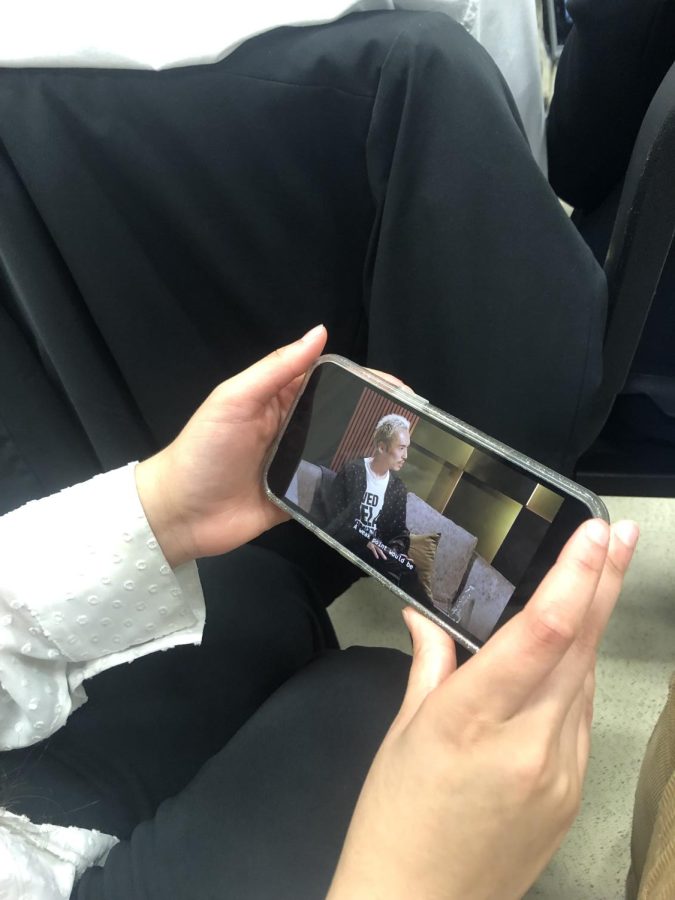Reality TV: an escape far from reality
Photo courtesy of Anne Foote
The thrill of reality TV is following students into the classrooms. When shows have release dates, nothing is stopping fans from binging the new seasons.
Reality TV’s increased popularity among students shows concerns from both film connoisseurs and critics who worry about the damaging effects of the new hit shows.
Through the rise of new streaming platforms, reality TV has boomed. A Designated genre has formed for shows that exclusively revolve around love and drama, targeting younger audiences, including pre-teens and high schoolers. Some of these shows include “Jersey Shore,” “Love is Blind,” “Love Island,” and “Bachelor in Paradise,” along with a plethora of other options.
“Sometimes life gets really boring, and the cheesiness of the shows allows me to escape my life and pretend I’m somewhere else for a little while,” said senior Andrea McCoy.
This form of escapism is not a new phenomenon as reality TV has been popular since the invention of television. Even radio programs had their own forms of reality TV. For instance, the program “Candid Microphone” pranked contestants and then broadcasted their reactions across radio stations.
“It’s still storytelling, just cheap storytelling—and that has existed in one form or another for ages. Do I think it’s gotten cheaper? Maybe. But the concept isn’t new,” said Film Study teacher Madeleine Deliee.
Some critics worry that this storytelling will damage the filmmaking craft and ultimately end up hurting the youth, the main consumers of these shows. Reality TV is specifically formulated to create large fan bases from behavior that is often seen as shallow, dramatic, and sometimes outright rude.
“People like drama, and that is what these shows bring. People become obsessed with what happens in each episode and keep watching to see what happens next. It’s sort of a never-ending cycle because fans keep wanting more and more to happen,” said senior Ana Villa Ogliastri. “I think it’s easier to become obsessed with reality TV than any other genre of TV because of this never-ending cycle.”
The influence of reality television can clearly be seen through the sales of newly-released programs. According to TIME, “The Kardashians,” a revamped show following the Kardashian-Jenner family on Hulu, made just under 100 million despite being released in the spring and only having two seasons. The blatant popularity of “The Kardashians” helps demonstrate the large fan bases that follow these reality TV programs.
“Brain-dead TV, reality or not, has the allure of entertainment without effort: it takes very little to zone out and enjoy mindlessly,” said Deliee.






